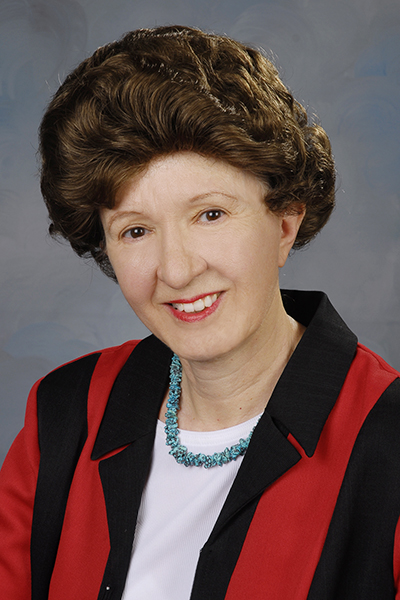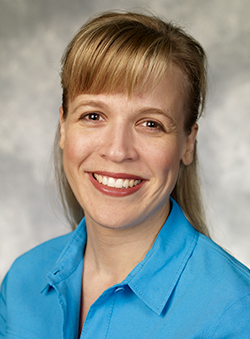Speech-language pathologists, psychologists and educators from throughout the area will gather at UT Dallas this week to explore the complex topic of theory of mind and its potential effects on patient care.

Dr. Carol Westby will discuss the developmental stages of theory of mind at the conference.
UT Dallas’ Callier Center for Communication Disorders will host an all-day Bruton Conference at its Dallas location on Dec. 14. “Theory of Mind: Implications for the Development of Social and Academic Skills” will feature a keynote address from a theory of mind expert, as well as a workshop examining the stages, current research and useful strategies for facilitating development of theory of mind skills.
Theory of mind involves an individual’s ability to develop ideas about how other people may be thinking or feeling. It also allows people to theorize about how other people may react or what they may do next.
With the rapid increase in children diagnosed with autism spectrum disorder and attention deficit hyperactivity disorder, research has increased understanding of neurological and environmental factors contributing to theory of mind. Experts say educators and speech-language pathologists need to recognize behaviors indicating delays or deficits in this area so they can begin treatment as early as possible.
People diagnosed with autism spectrum disorder, attention deficit hyperactivity disorder or schizophrenia often have difficulty developing theory of mind. But as therapists’ understanding of it has increased, so has their ability to help these children enhance their interaction with the world.
Dr. Carol Westby, a fellow of the American-Speech-Language-Hearing Association (ASHA), is scheduled to be the keynote speaker. She has published and presented internationally on language-literacy relationships, assessment and development of written language, executive function and intervention issues with diverse populations.

Suzanne Bonifert
As part of her Bruton presentation, Westby will discuss developmental stages of theory of mind, from precursors in infancy through higher-level thinking in adolescents. For example, at specific points of childhood, most children realize that people can have different feelings about the same object. They develop an ability to recognize and judge a false belief. Eventually, they understand words such as know and guess, which require comprehension of inferential thinking.
“It’s such an honor to have a world-renowned speaker like Dr. Westby come to present at UT Dallas,” said Suzanne Bonifert, head of the clinical program in speech-language pathology at the Callier Center. “She is on the cutting edge of research and treatment in theory of mind.”
Anyone interested in attending the conference must register in advance. Space is limited. Registration is $50 but free for UT Dallas students, staff and faculty. The conference is awaiting approval from the American Speech-Language-Hearing Association and the Texas Speech-Language-Hearing Association for six continuing education units.
The Bruton Conference Series on Communication Disorders is made possible through a gift from the David J. Bruton Jr. Charitable Trust.